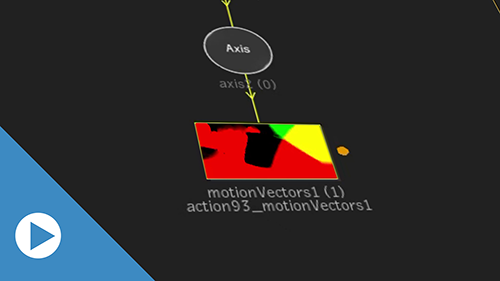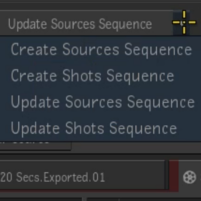

OpenEXR a project of the Academy Software Foundation and is part of Photorealistic rendering, texture access, image compositing, deep The library is widely used in hostĪpplication software where accuracy is critical, such as The purpose of format is to accuratelyĪnd efficiently represent high-dynamic-range scene-linear image dataĪnd associated metadata, with strong support for multi-part, The EXR file format, the professional-grade image storage format of

The support to create cryptomatte images will be added to Eevee with version 2.92 that will be published one and a half years after Eevee was first published. With version 2.80 only the path-tracing render engine „Cycles” supported creating a cryptomatte while the newly added real-time render engine 'Eevee' did not.

Blender, for example, had no option to create a cryptomatte image before version 2.80.

If a program supports more than one render engine it is possible that it can generate cryptomatte images with one engine while being unable to do so with the other one. Whether a program is able to generate a cryptomatte or not is determined by the used render engine. Supported render engines Ĭryptomatte images can be created by various 3D graphic programs like Blender, Autodesk Maya, Autodesk 3ds Max or Houdini and are usually exported using the OpenEXR file format. The program creates mattes that support motion blur, transparency and depth of field using data that is already available at render time. These cryptomatte images are in general very colourful assigning each object or material a different random colour. The ID matte has a very distinctive look and itself is sometimes referred to as cryptomatte. The program itself creates an ID matte of a scene that can be used to create for example image masks for single or multiple objects in the scene.


 0 kommentar(er)
0 kommentar(er)
